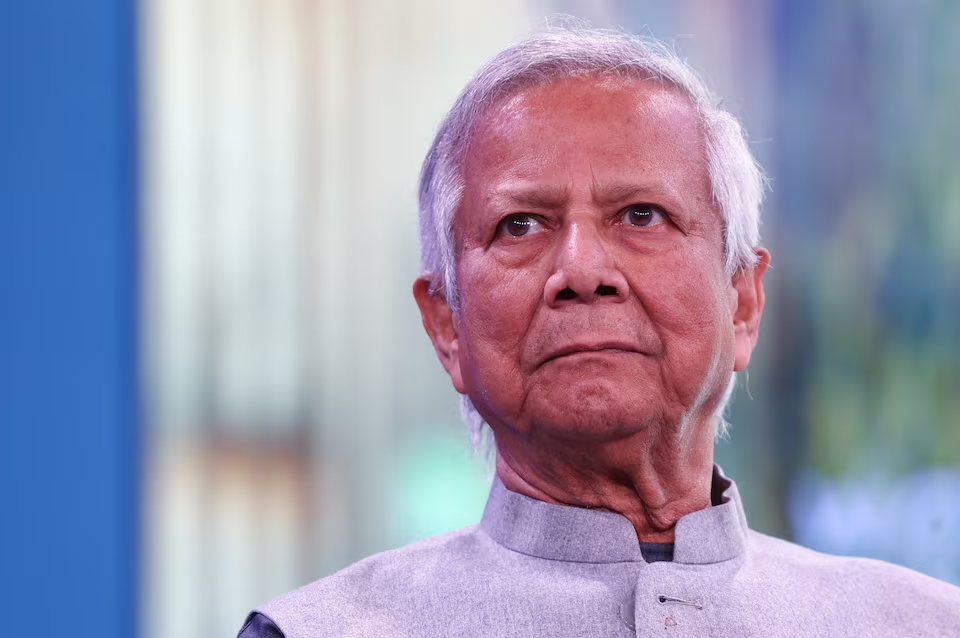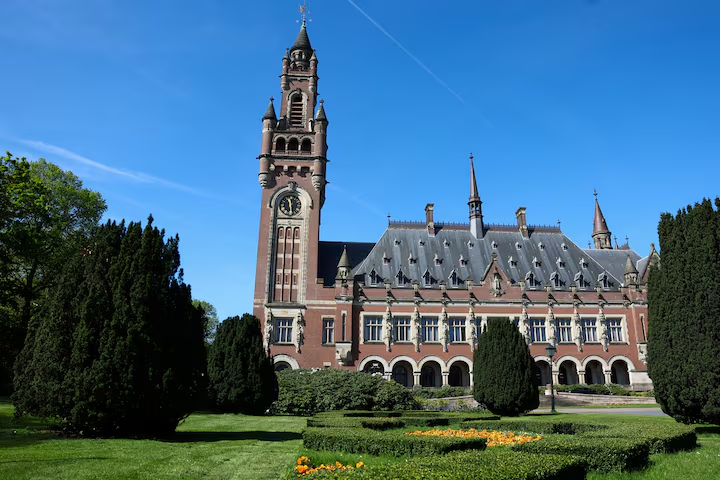Nobel Peace Prize laureate Muhammad Yunus has threatened to resign from public life amid escalating political pressure and what he describes as a “coordinated campaign” against him by the Bangladeshi government. His statement, issued on May 23, 2025, comes as the country experiences growing political instability, economic stress, and human rights concerns.
Yunus, a globally respected microfinance pioneer and founder of Grameen Bank, made the announcement during a press briefing in Dhaka, warning that the state’s relentless legal and political harassment has left him with little choice.
“If this continues, I will be forced to step back entirely,” Yunus said. “I can no longer function under such an atmosphere of intimidation.”
⚖️ Mounting Legal Pressure
Yunus is currently facing multiple legal cases, including allegations of labor law violations, corruption, and financial irregularities — charges he and his supporters claim are politically motivated. The government has long viewed Yunus as a critic of the ruling Awami League, led by Prime Minister Sheikh Hasina, who has openly clashed with him for over a decade.
Critics say the legal onslaught is aimed at silencing one of the country’s most prominent independent voices, and a broader effort to suppress dissent ahead of national political restructuring.
“This is not justice, it’s political vengeance,” said a civil society leader in Dhaka.
🏛️ Political Climate Deteriorates
The threat of Yunus’s exit comes amid rising authoritarianism and political uncertainty in Bangladesh. The opposition remains fractured, protests have been met with crackdowns, and media freedom is shrinking. Analysts say Yunus’s potential withdrawal would mark the end of an era for Bangladesh’s civic and development leadership, and could have far-reaching implications for the country’s global image.
Foreign observers, including UN officials and international NGOs, have expressed concern over the treatment of Yunus, noting that it contradicts Bangladesh’s commitments to freedom of expression and rule of law.
🌍 Global Response and Repercussions
Yunus’s work has earned him global acclaim, including the 2006 Nobel Peace Prize, and he remains a celebrated figure in international development circles. His potential resignation is expected to trigger international condemnation, particularly from human rights groups, donor agencies, and Western governments that have supported his work for decades.
Already, the United Nations High Commissioner for Human Rights has called on Bangladesh to “ensure due process and stop the misuse of legal tools to target dissidents.”
💬 Yunus’s Final Warning
In his statement, Yunus urged the Bangladeshi government to reverse course before it is too late.
“I devoted my life to empowering the poor and uplifting the nation’s name. It saddens me deeply to see where we are today.”
He also appealed to the youth of Bangladesh to remain engaged, resist fear, and protect the country’s democratic and social achievements.
What to Watch
- Whether Yunus will formally resign from his public roles
- Global diplomatic and donor responses to Bangladesh’s treatment of him
- Possible protests or demonstrations in defense of Yunus
- Escalation of state pressure on NGOs and civic actors
- Growing international scrutiny of Prime Minister Sheikh Hasina’s government
As Bangladesh veers toward a deeper political crisis, the fate of Muhammad Yunus — once a national hero and symbol of grassroots progress — now hangs in the balance. His departure from public life could mark a defining moment in the country’s democratic backsliding and further isolate the ruling regime from global allies.
Source; Reuters



